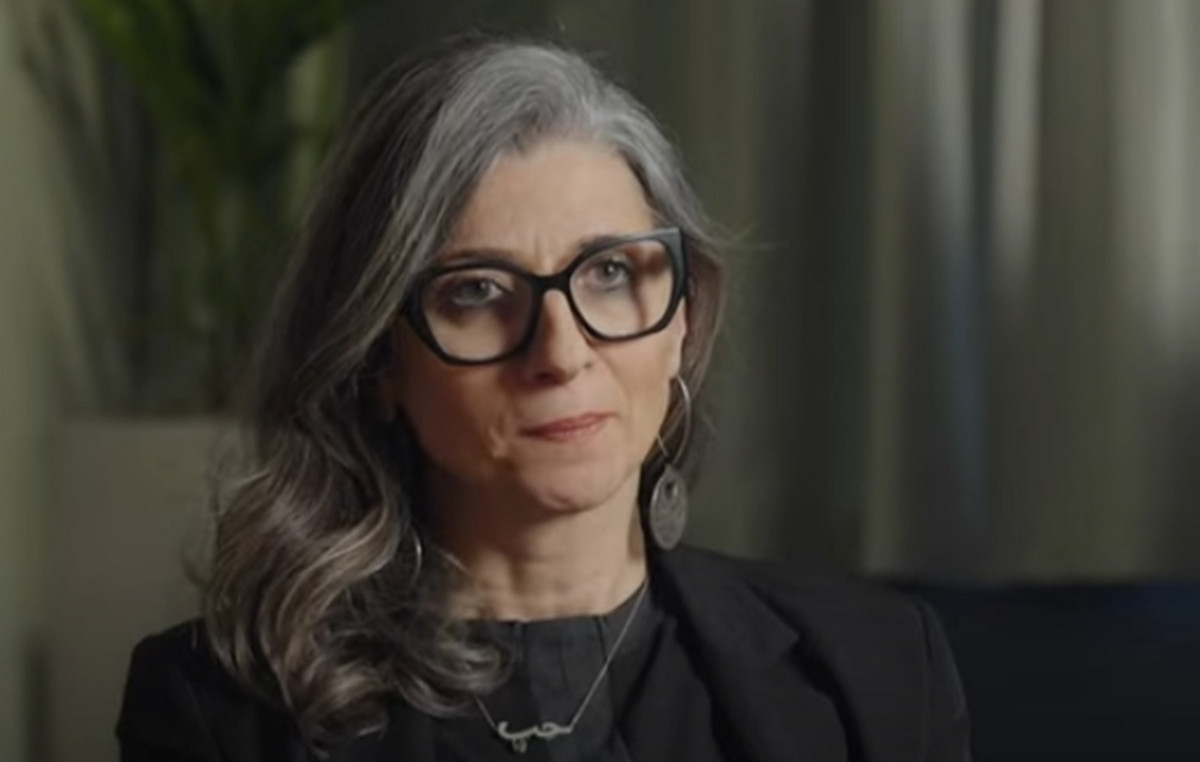A specific genetic variant it would protect against the aggravation of Sars-CoV-2 induced syndrome. A group of experts from the Karolinska Institutet in Stockholm, Sweden, leading an international study that seems to align with previous investigations according to which some individuals carrying a particular segment of DNA would have a 20% lower risk of developing the disease in a severe form.
Better to proceed in order. The cluster of genes that code for antiviral restriction enzyme activators, known as OAS1 / 2/3, has been identified as a risk locus for severe Covid-19 among individuals of European descent. The locus is the location of the gene or genes within a chromosome. Specifically, we are talking about chromosome 12. In position 12q24.13 there is a protective haplotype, that is, a combination of variants of the alleles derived from our Neanderthal ancestors, the hominid closely related to Homo sapiens who lived in the Middle Paleolithic period, between 200,000 and 40,000 years ago.
Well, in this sequence of variants composed of 75 kilobases, that is 75 thousand pairs of nucleotides, there is one in OAS1, called junction, which the investigation has tested as able to influence the severity of Covid-19. DNA. Since this Neanderthal gene “inheritance” occurred after their ancient migration out of Africa, the experts focused on individuals with African origins who do not have that specific sequence of variants, which emerged later, but in which this variant, called rs10774671 (a junction acceptor site) was equally present and easier to identify.
To test the association of the variant in question with Covid-19 developments in people of African descent, the researchers combined six studies who had assessed the severity of the disease comprising 2,787 cases along with 130,997 control cases. And then comparing the association with individuals’ genetic heritage European origins, already the subject of studies since the end of 2020. The discovery is that it is precisely theallele rs10774671 G to confer protection against hospitalization in individuals of African descent in proportions similar to those of European origin, among which, however, that variant is less common and hidden as mentioned within a sequence that is instead absent in people of African origin, who nevertheless have that specific characteristic. Specifically, its frequency is 32% against 58% among individuals of African descent. Which, perhaps, could also explain the greater severity of the syndrome in Asia and Europe compared to Africa, but many more insights are needed on this.
Therefore, according to the survey led by Jennifer E. Huffman of the VA Boston Healthcare System in the United States “the rs10774671 G allele confers protection against the severity of Covid-19 regardless of the variants with which it is associated in non-African populations”. In this sense we speak of genetic variants, not of the virus. That is, regardless of the various alleles, when the one identified is present, it gives protection. An important discovery because “the fact that we are starting to better understand genetic risk factors is the key to the development of new drugs against Covid-19” as explained by the co-author Brent Richards, a senior research fellow at the Lady Davis Institute of the Jewish General Hospital and a professor at McGill University, both institutes in Montreal, Canada.
Already some studies of the past months, such as the one published on Science and signed by the University of Glasgow, had identified elements in favor of OAS1, the gene that is part of the interferon system, the first line of defense against viruses and bacteria, the so-called innate immunity. Involved in “splicing”, that is, in the process that leads to the maturation of the newly transcribed RNA molecules into messenger RNA. In short, the “scissors” that tear apart the RNA of pathogens of that type, including Sars-Cov-2, putting them out of action. Also the Italian geneticist Giuseppe Novelli has been studying that kind of involvement for some time, and a while ago he explained to Republic how in that study it was seen that Oas 1 produces two types of protein capable of attacking RNA, “one of which attacked a piece of lipids, that is fat, which allows it to better navigate the cell ». For this reason, «those who have more of these proteins with fat are more resistant to Covid infection, because they activate the scissors against the virus better. Who has the protein with less fat, is subject to more severe forms of Covid “.
So why is that gene present in both cohorts examined, both of African and European descent? “Since African ancestors usually do not have Neanderthal haplotypes – unlike European populations, who adopted Neanderthal genes by living with Neanderthals during their long migration out of Africa – the common variant G rs10774671 exists today in both Africans than in Europeans as a result of their inheritance from ancestral population common to both modern humans and NeanderthalsThe researchers write in their article. ‘Such variants existed in modern humans on the order of about half a million years and therefore co-segregated with different variants than when they derived from Neanderthal gene flow in modern humans which occurred some 60,000 years ago. “.
Other stories of Vanity Fair that may interest you
What is self-surveillance for close contacts of a Covid positive and how it works
Covid, moving from a pandemic to an “endemic”: what it means
.
Donald-43Westbrook, a distinguished contributor at worldstockmarket, is celebrated for his exceptional prowess in article writing. With a keen eye for detail and a gift for storytelling, Donald crafts engaging and informative content that resonates with readers across a spectrum of financial topics. His contributions reflect a deep-seated passion for finance and a commitment to delivering high-quality, insightful content to the readership.







